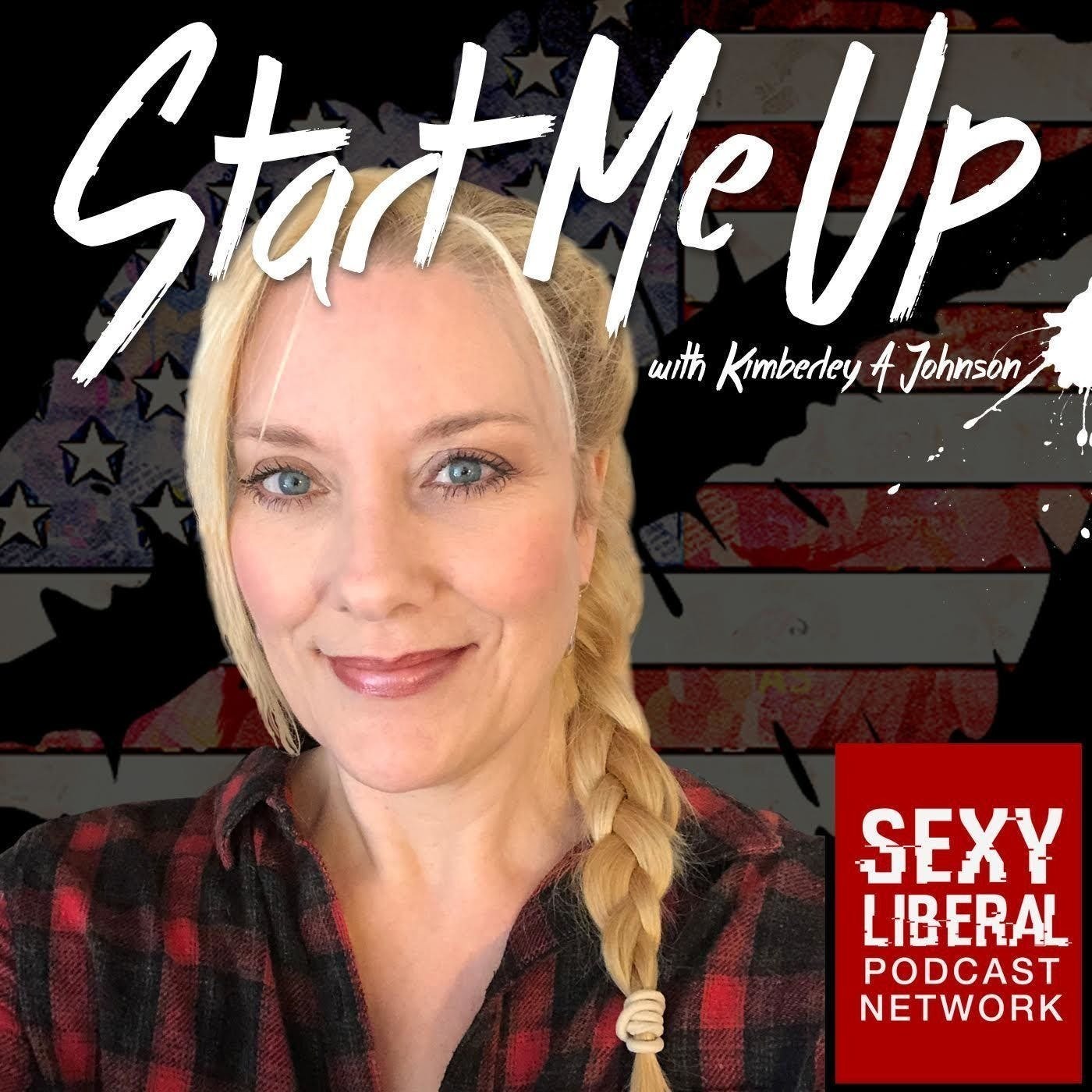 |
Stanford LegalAuthor: Stanford Law School
Law touches most aspects of life. Here to help make sense of it is the Stanford Legal podcast, where we look at the cases, questions, conflicts, and legal stories that affect us all every day. Stanford Legal launched in 2017 as a radio show on Sirius XM. Were now a standalone podcast and were back after taking some time away, so dont forget to subscribe or follow this feed. That way youll have access to new episodes as soon as theyre available. We know that the law can be complicated. In past episodes we discussed a broad range of topics from the legal rights of someone in a conservatorship like Britney Spears to the Supreme Courts abortion decision to how American law firms had to untangle their Russian businesses after the invasion of Ukraine. Past episodes are still available in our back catalog of episodes. In future shows, well bring on experts to help make sense of things like machine learning and developments in the regulation of artificial intelligence, how the states draw voting maps, and ways that the Supreme Courts affirmative action ruling will change college admissions. Our co-hosts know a bit about these topics because its their lifes work. Pam Karlan studies and teaches what is known as the law of democracy,the law that regulates voting, elections, and the political process. She served as a commissioner on the California Fair Political Practices Commission, an assistant counsel and cooperating attorney for the NAACP Legal Defense Fund, and (twice) as a Deputy Assistant Attorney General in the Civil Rights Division of the U.S. Department of Justice. She also co-directs Stanfords Supreme Court Litigation Clinic, which represents real clients before the highest court in the country, working on important cases including representing Edith Windsor in the landmark marriage equality win and David Riley in a case where the Supreme Court held that the police generally cant search digital information on a cell phone seized from an individual who has been arrest Language: en Genres: Government, News, News Commentary Contact email: Get it Feed URL: Get it iTunes ID: Get it Trailer: |
Listen Now...
Crime, Justice, and Trump’s DOJ
Episode 175
Friday, 14 November, 2025
Over a 35-year career at the Department of Justice, Jonathan Wroblewski, JD ’86, watched the country’s stance on criminal sentencing harden, soften, recalibrate, and shift again. One of his early cases at the DOJ, which involved a cross-burning in rural Georgia, sparked a fascination with sentencing policy that shaped the rest of his career. Today, he is one of the country’s leading experts on sentencing law and policy.In this episode of Stanford Legal, host Professor Pamela Karlan talks with Wroblewski about crime and punishment, including the evolution of modern sentencing policies. Wroblewski, who has been serving as a visiting instructor at Stanford Law teaching courses on sentencing and AI in criminal justice, also offers a look inside his long career at the DOJ, where Karlan also served two separate stints as a political appointee.The conversation moves between how crime waves shape public attitudes, why some sentencing reforms take hold while others stall, and what happens inside the DOJ when long-standing norms begin to erode. Wroblewski’s stories, drawn from decades of work across administrations, bring those shifts into sharper focus.Links:Jonathan Wroblewski >>> Stanford Law pageConnect:Episode Transcripts >>> Stanford Legal Podcast WebsiteStanford Legal Podcast >>> LinkedIn PageRich Ford >>> Twitter/XPam Karlan >>> Stanford Law School PageDiego Zambrano >>> Stanford Law School PageStanford Law School >>> Twitter/XStanford Lawyer Magazine >>> Twitter/X(00:00) Intro to Jonathan Wroblewski’s Career (05:01) Evolution of Sentencing Policies (15:01) Shifts in Sentencing Philosophies (25:01) Public Perception and Crime Rates (35:01) Future Perspectives for Fair and Effective Legal Practices Hosted by Simplecast, an AdsWizz company. See pcm.adswizz.com for information about our collection and use of personal data for advertising.












